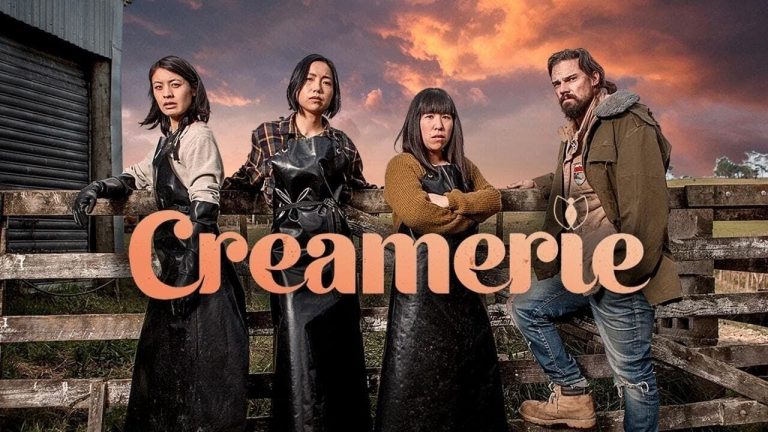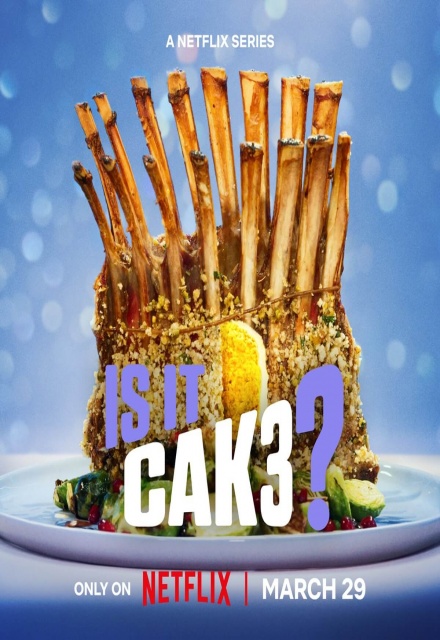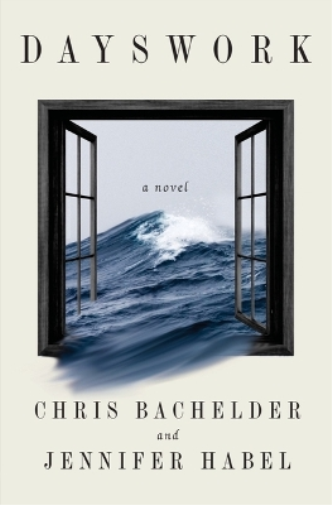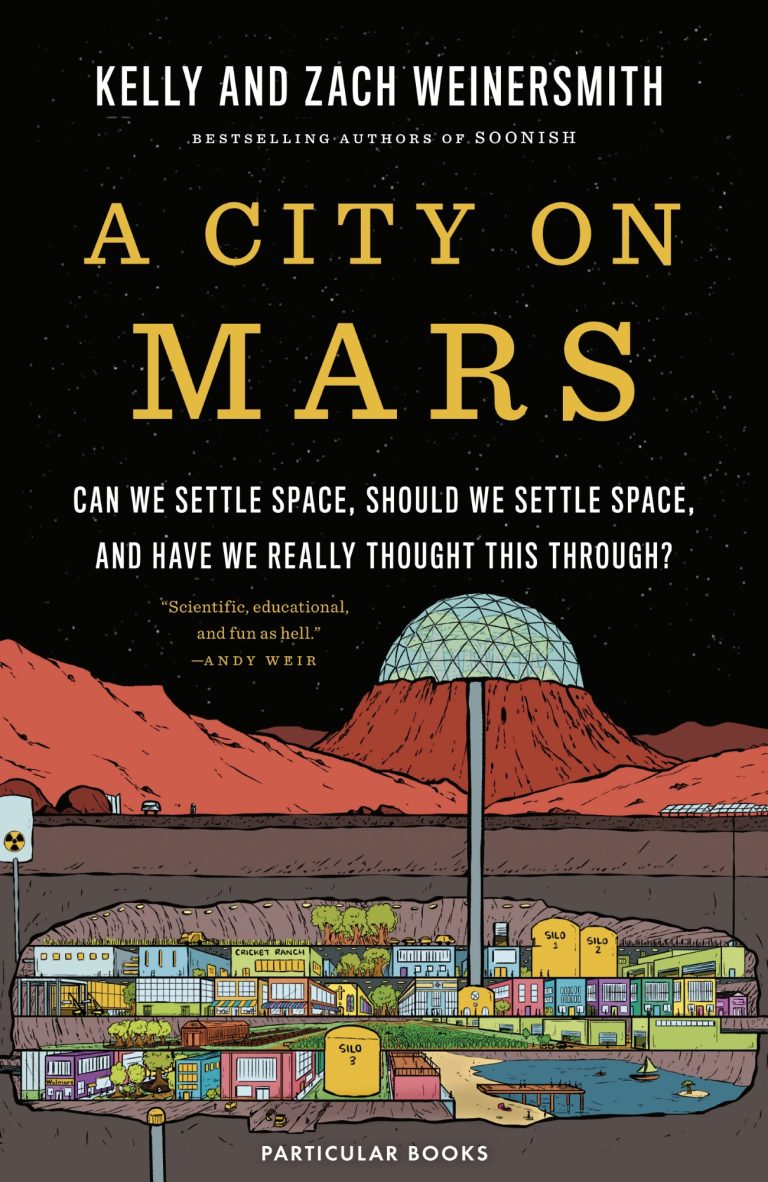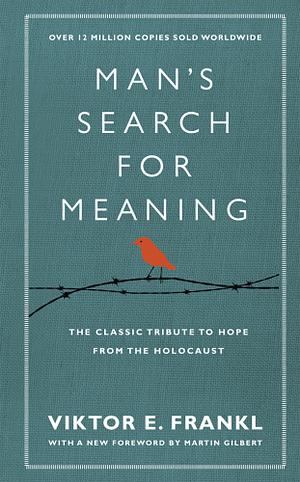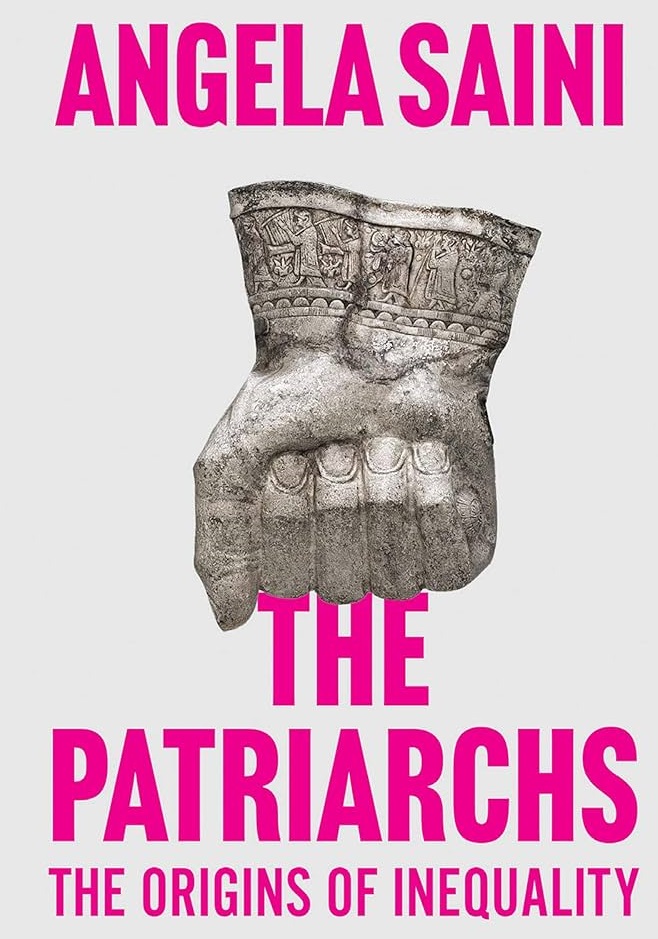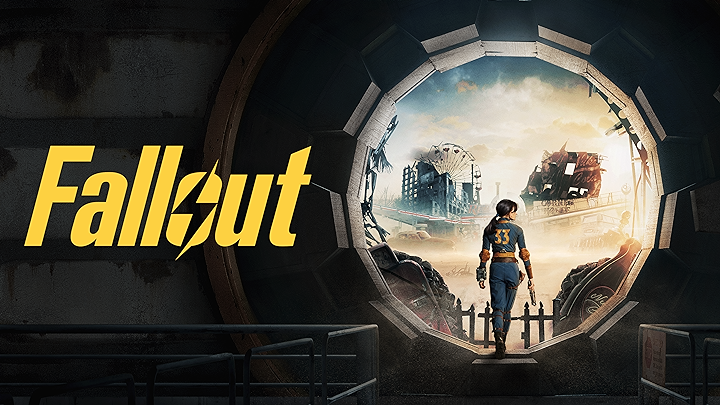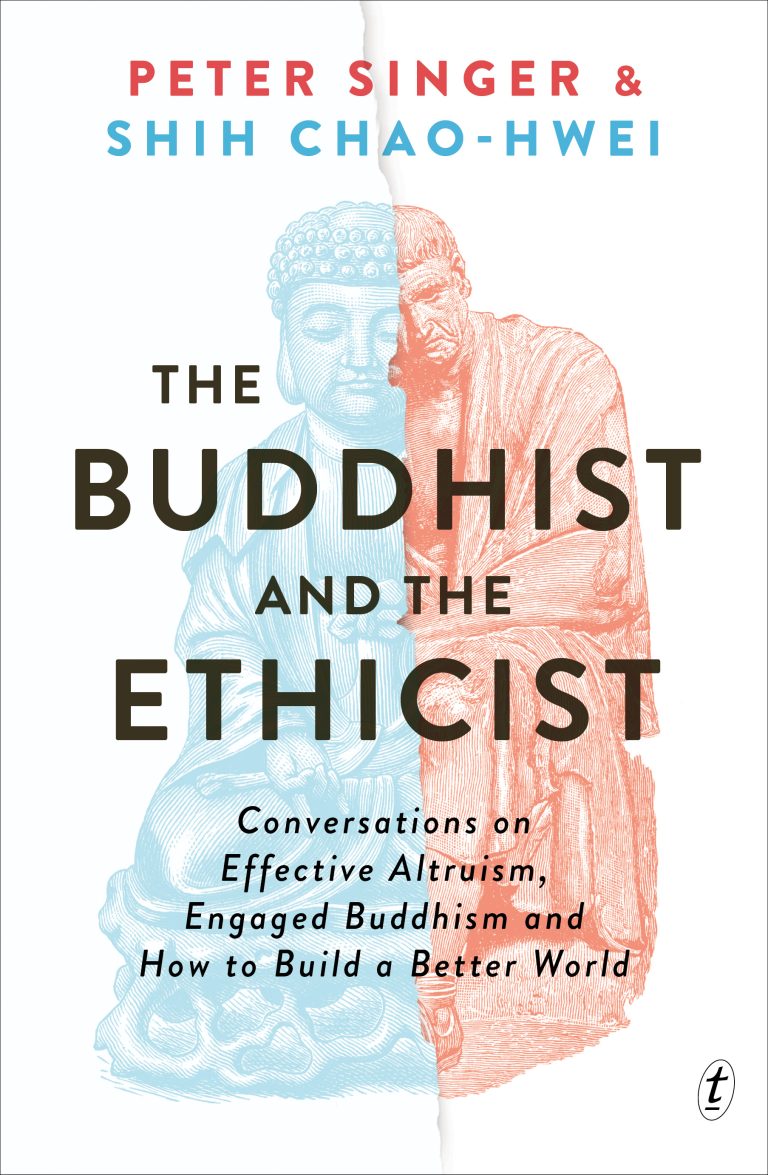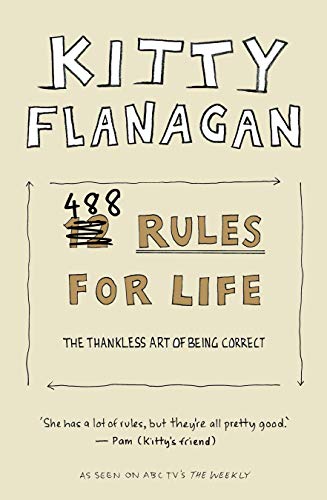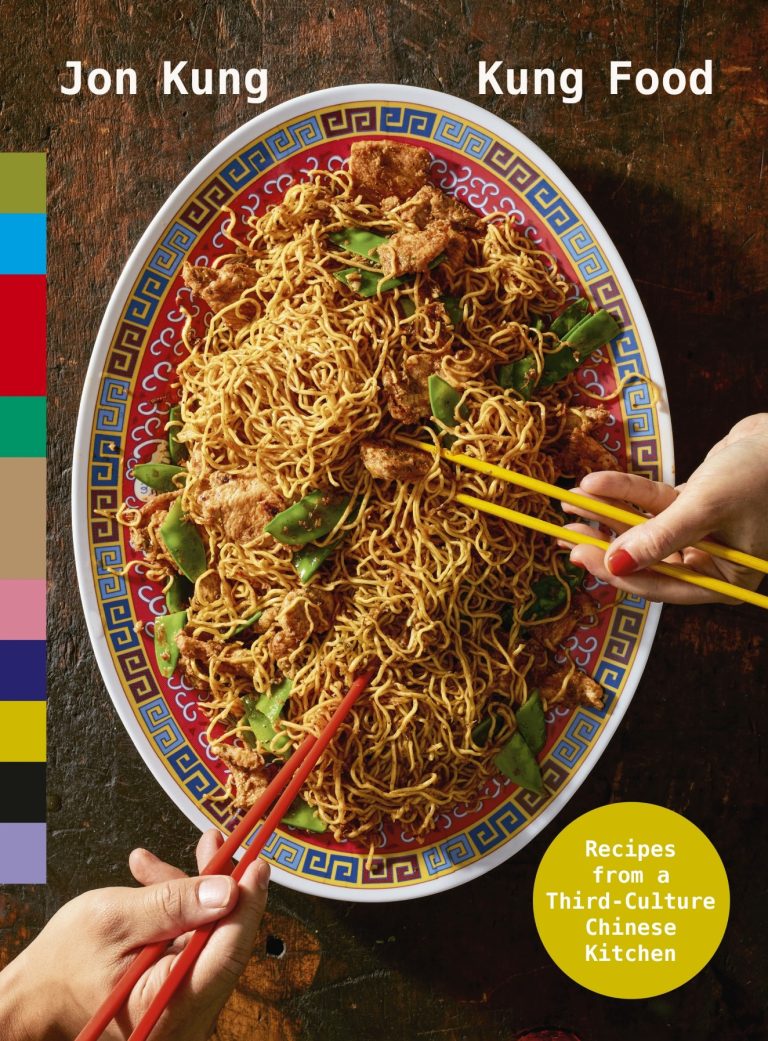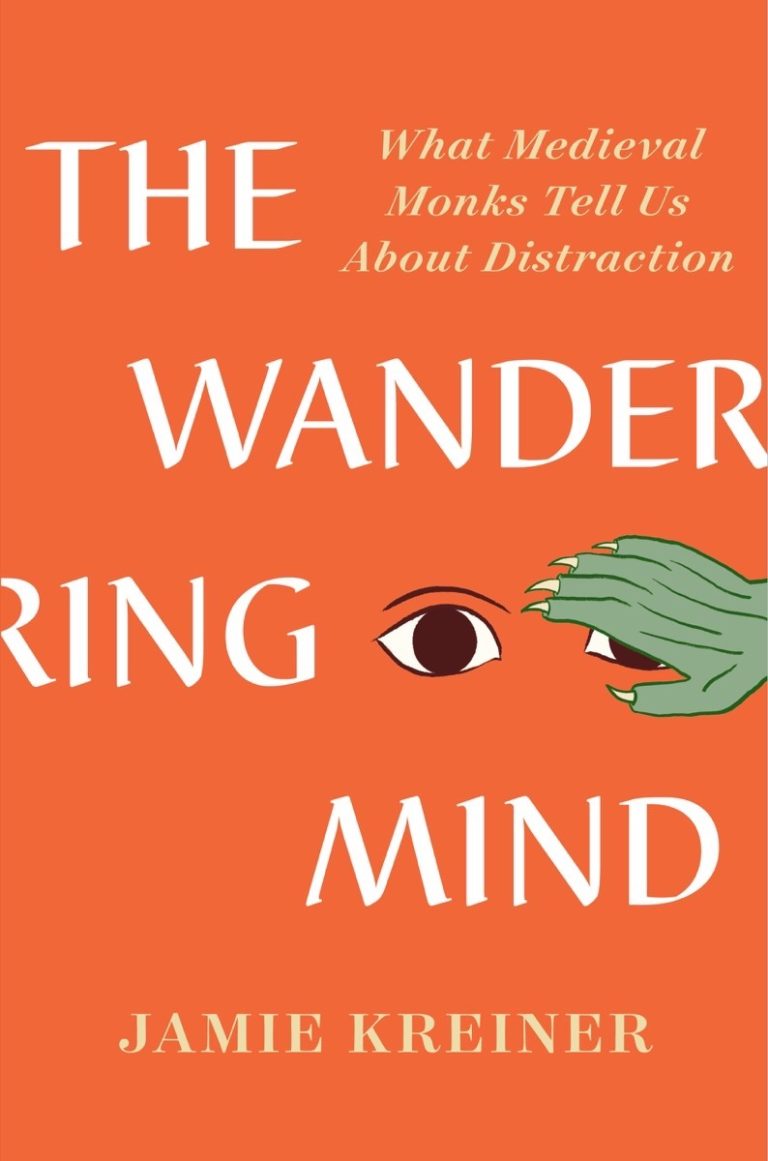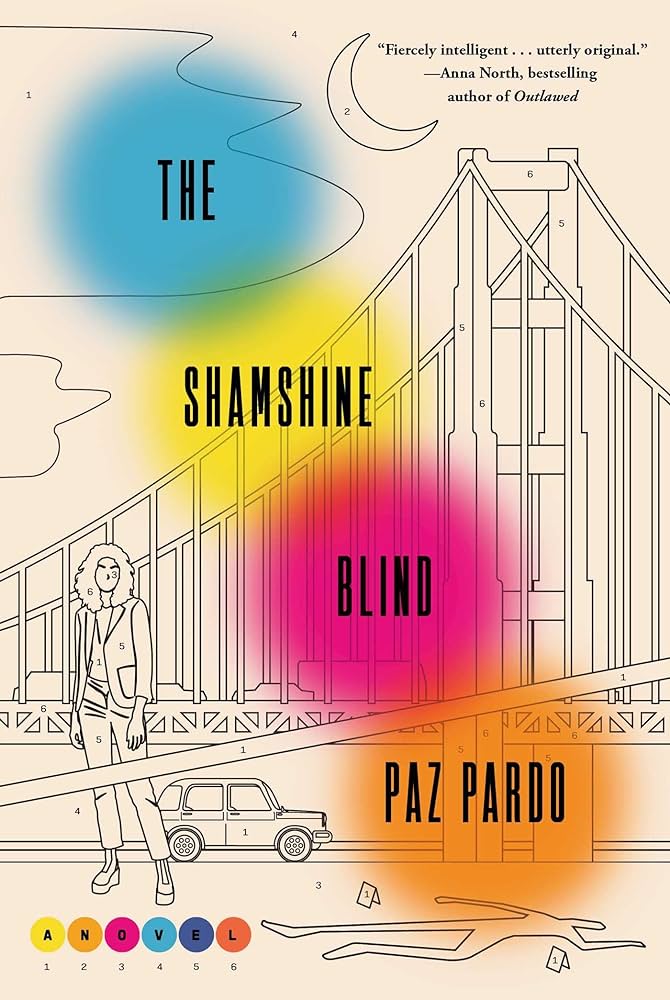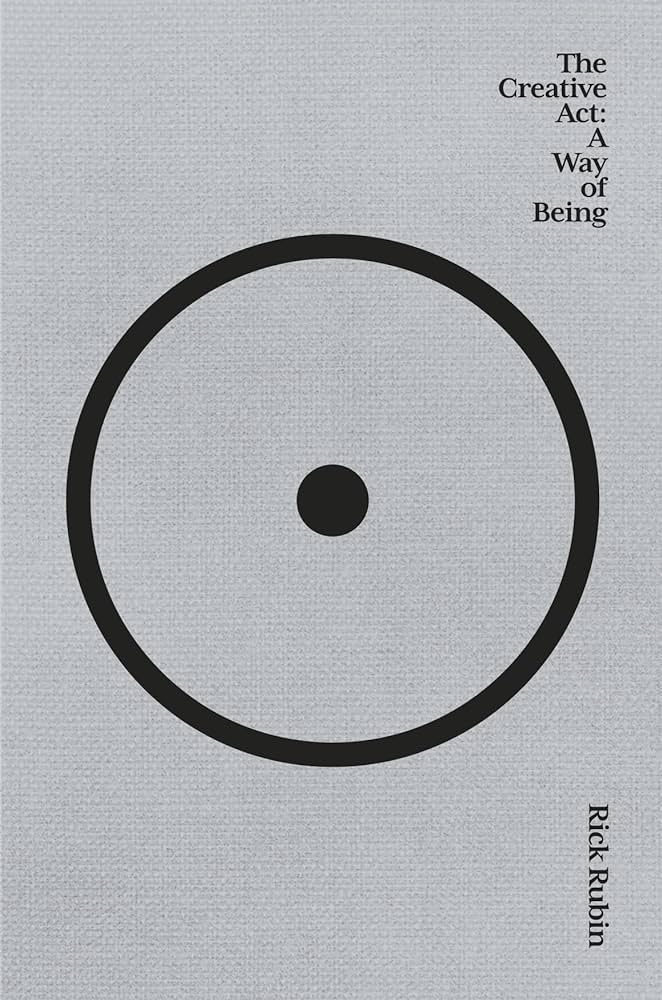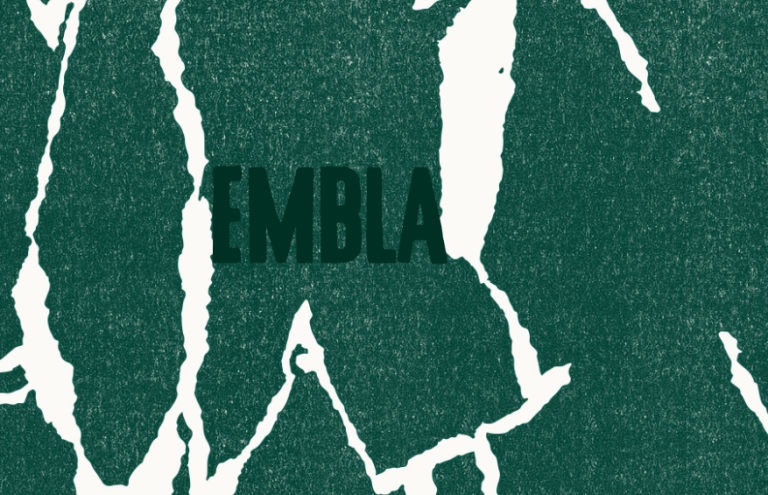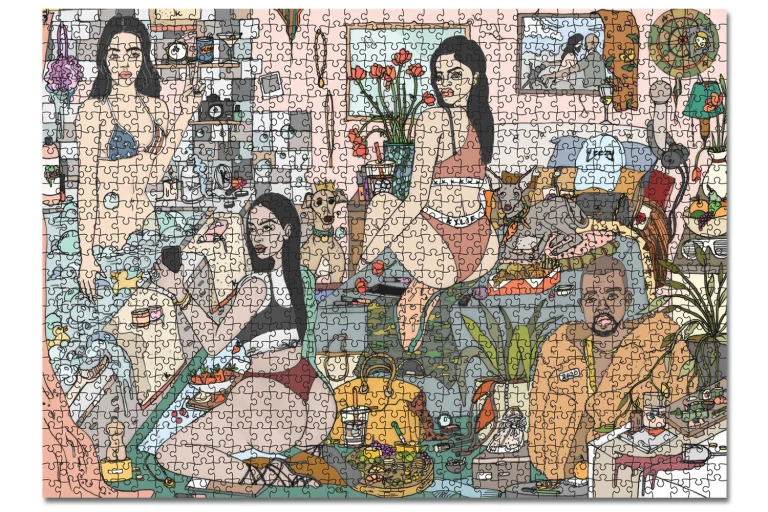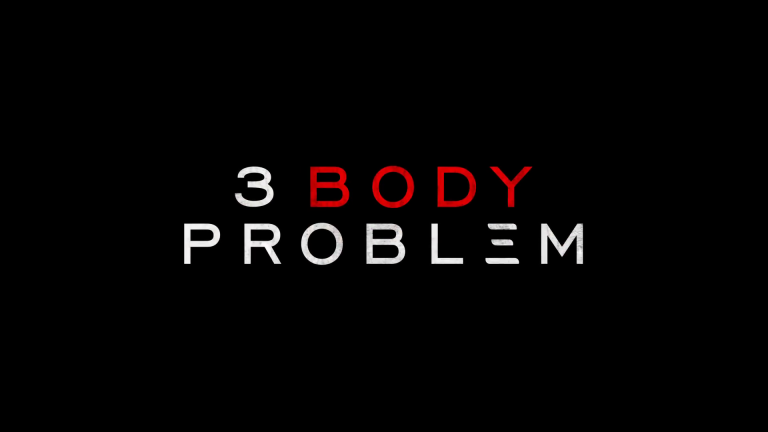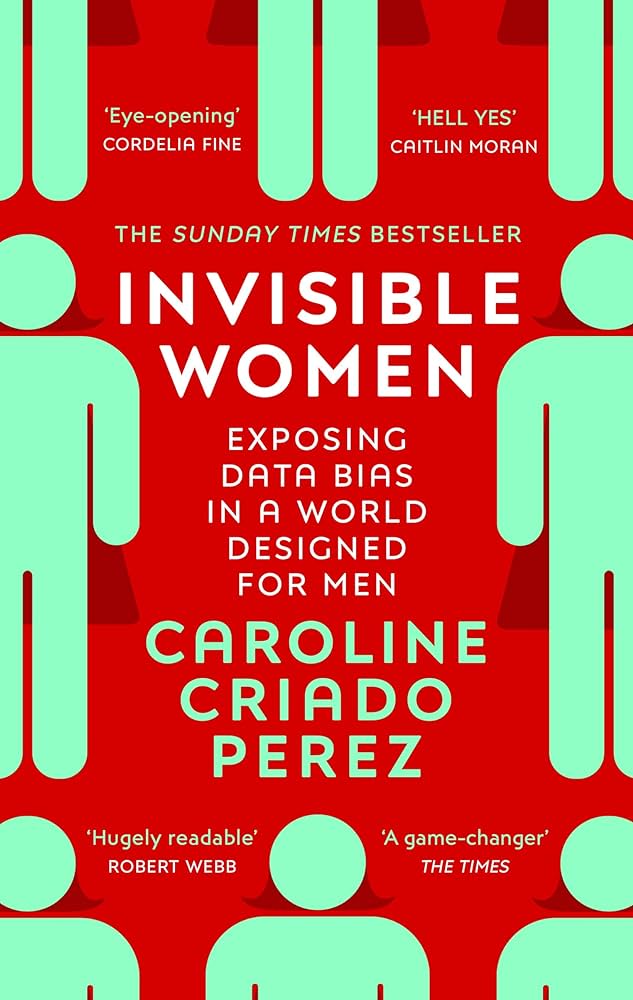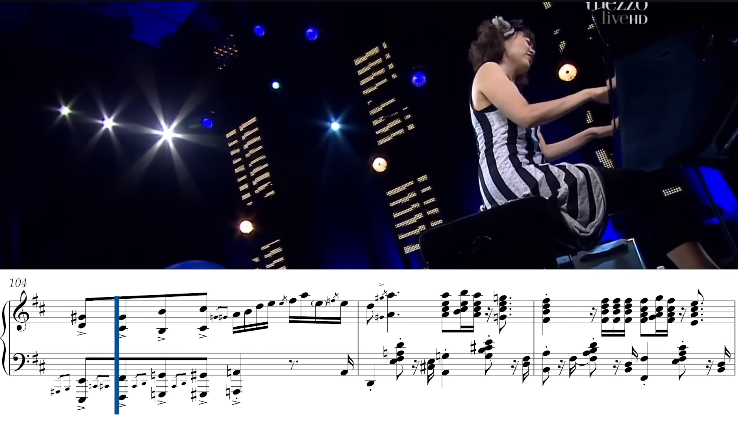A brilliant post-apocalyptic show that is darkly comic as well as frighteningly plausible. Whereas something like The Handmaid’s Tale television show only walks, this smart production from New Zealand runs effortlessly. I was so delighted to discover another season was ready and waiting for me.
Month: April 2024
Is it Cake, season three
Yes, it does appear to be mostly cake. The host, sadly, continues to be stubbornly not cake.
Dayswork, Chris Bachelder and Jennifer Habel
I’ve never read anything quite like this remarkable book, a sui generis exploration of Herman Meville’s life through a fictional narrative of an academic. The writing is so warm and nuanced and emotive and incredibly moving. And it has inspired me to read Moby Dick, which would be hard to avoid given how warmly this novel deals with Moby Dick. Lovely stuff.
A City on Mars, Zach and Kelly Weinersmith
A fascinating book that genuinely moved my thoughts on a topic: beforehand I would have described myself as quite bullish on space travel and settlement, but through this book’s broad exploration, I am now somewhat more cautious about the whole idea. In particular, I note with appreciation the Weinersmith’s conclusion that we oughtn’t consider space as a solution to the general socioeconomic and political instability that characterises the earth today. Rather, when (or if) we resolve this, then we should ought to pour ourselves into the stars. I did find the humour in this book a little too referential for my tastes in the way that a lot of (self professed) geeky or nerdy things are. There was probably an equal amount of eye rolls to chuckles. Still, even aside from the tone being not to my taste from time to time, I admire this book, its research and the passion that went into it.
Man’s Search for Meaning, Viktor Frankl
A powerful book that focussed on something very universal; life’s purpose. I took a lot from his conclusion that we can only define our own purpose, no one else can define another’s purpose. His views on suffering as a key and essential part of our lives also lit something inside me. Deep and moving. I will say that it is quite unfortunate that he refers to homosexual relationships as “sexual perversion,” but we can understand that as a relic of the era in which the book was written. It is similarly disappointing that he uses ‘men’ to mean people.
The Patriarchs, Angela Saini
The first half of this book was repetitive and in search of a thesis. I found the second half better: clearer and with less repetition, but it wasn’t enough to salvage the book. I am still interested in the topic of how it came to be that patriarchal systems became dominant when there is nothing certain or inevitable about that fate.
Fallout, season one
This was such a loving thing, done with great fondness and respect for the source material. I have a few quibbles—I wasn’t convinced by Aaron Clifton Moten’s acting, and I found the whole thing, like the game I suppose, to be very violent and gory—but on the whole, I had a lot of fun and I am excited to see where they take the show in season two.
The Buddhist and the Ethicist, Shih Chao-Hwei and Peter Singer
I found this dense and the format—a conversation between the two authors—did not work for me. Not that I think it couldn’t have worked, it just didn’t work in this book. I am torn because some ideas in the exchange are deeply information and thought provoking, and I like the obvious respect and admiration between the authors. Yet I cannot possibly recommend this in its current form.
488 Rules, Kitty Flanagan
This was funnier, and less ‘okay, boomer’ than another similar book I read about an Australian comedian-type. I think I made a mistake by not finding the audiobook version of this, as I’m sure Flanagan’s delivery would have added so much. That said, it is still a bit familiar, and very few of the jokes made me laugh out loud.
Why, Philip Goff
A tremendous piece of original thinking and philosophy. Some ideas were necessarily dense, but Goff’s writing and thought is clear, witty and thought-provoking. I have not landed if I find Goff’s ultimate thesis convincing, but I will be thinking about them for a long time, I suspect.
Kung Food, Jon Kung
Kung’s views on food are fun and his recipes are smartly written. I’m yet to cook anything from the book yet, but I have about 30 or so recipes I’m very excited to make.
The Wandering Mind, Jamie Kreiner
Look, this WAS interesting. But it was very little about distraction and far more about monks: how they lived, worked, acted, and so on. But luckily, Kreiner writes with such wit and authority that even though I wasn’t getting what I expected, I had a fine enough time.
The Shamshine Blind, Paz Pardo
A fun adventure – Paz’s world-building and concepts are remarkable and a lot fun. My main quibble is with the pacing – the plot moves at a glacial pace with far too many digressions and flashbacks that feel a lot like telling not showing. I think this might make a fun movie.
The Creative Act, Rick Rubin
An excellent exploration of creativity and making art. I wish someone had taught me some of this as a kid, so I probably wouldn’t have internalized so many anti-creative sentiments. This is a book that would interest almost anyone, not just those consciously thinking about creating art. The book positions and treats creativity as an essential and necessary skill. Fascinating!
Sunday lunch, Embla
One of my favourite wine bars, Embla, has a fantastic Sunday lunch. For a reasonable price, you get a mountain of food served by lovely people in a friendly space. Plus, the wine list is smart: a lot by the glass so you can try a bunch if you are so inclined. The menu changes each week—I ate wonderful chicken, amazing warm bread with mushroom salad, john dory rillettes, quince posset and other bits—and it’s just a lovely thing to do.
Edition K, 1000 piece puzzle
During the pandemic I had the idea of getting into jigsaw puzzles. I saw this for sale and bought it. It sat in a cupboard in the intervening time, which has actually turned out to be quite a good thing, for the quality of this puzzle is so low it may well have put me off the idea of jigsaw puzzles entirely if it was the first I tackled. So many pieces were bent, and even when they weren’t, they didn’t always fit together well. The board had a horrible chemical smell, and the cutting of the puzzle made it harder than it should of been.
Three Body Problem, season one
This had so much potential but the end result was often quite silly: poor acting, too much exposition, ham-fisted attempts at being emotionally relevant; bad pacing. I love the amount of sci-fi being made these days, so it’s just a shame I don’t think this one is a particular successful example.
Invisible Women, Caroline Criado Pérez
Few books have made me see the world in such a different way as this brilliant work by Criado Pérez which exposes a historical and continuing inequity – if our decisions are (increasingly) made using data, and if data around women is not only under-collected but more often than not it is simply not collected: an omission that begins to look deliberate in its scale. This has disastrous consequences for human health, happiness, productivity, and welfare. And it’s simply not good enough and we must do better: collect data and challenge the male as default bias.
Pachelbel’s Canon in D as performed by Hiromi Uehara
There’s music and then there’s music. This performance of a reasonably staid piece from the classical canon is done with such incredible verve, excitement and joy as to completely transform the piece. It is one of the most fun things I’ve watched on YouTube all year. And bonus points to the youtuber who transcribed the playing into sheet music.
